THE 2022 SHORTLIST
Transformational Climate Change Solutions
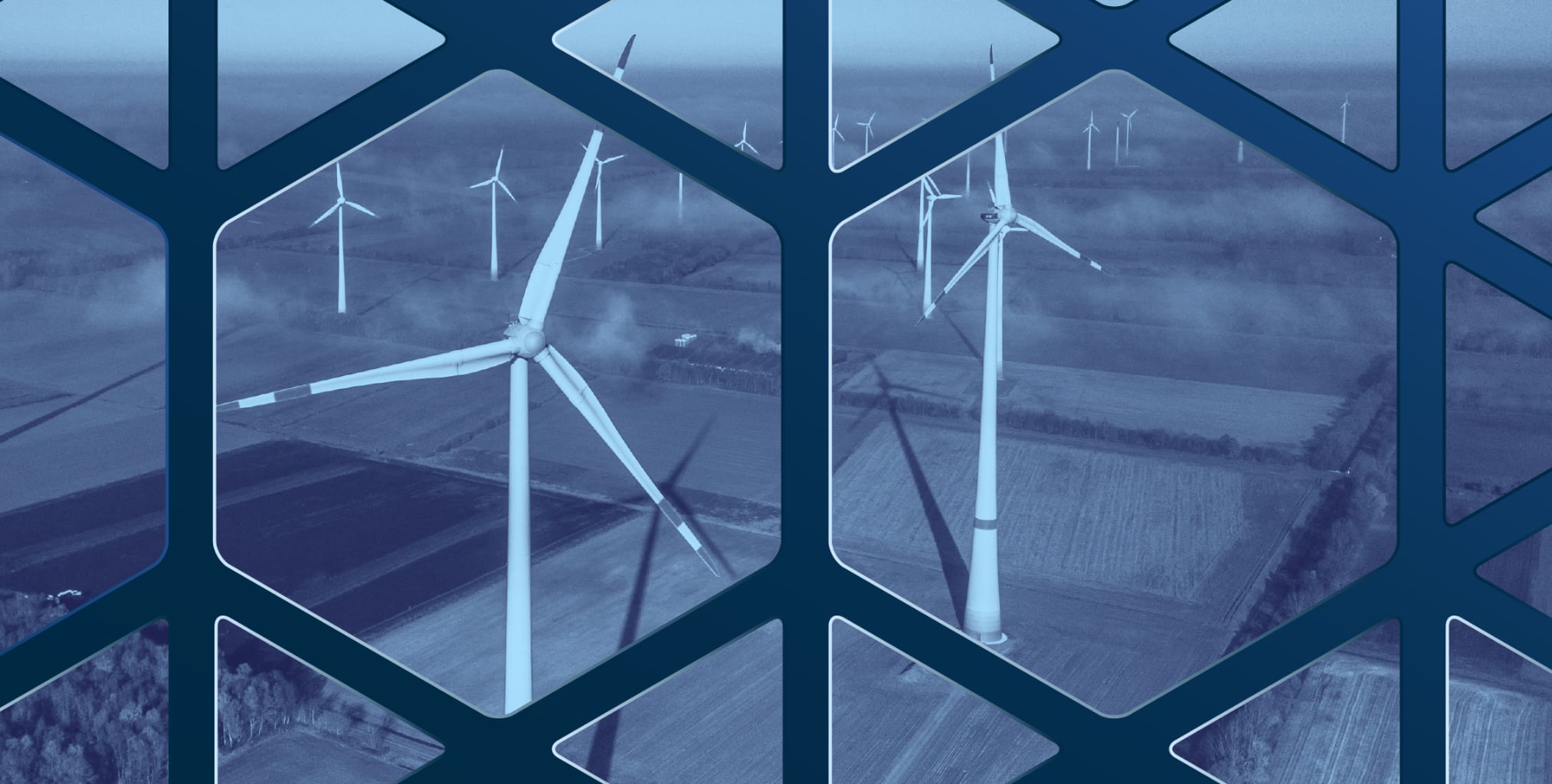
Amadeus Sustainable Textile Fibre Project, Brazil
Textiles with non-degradable fibres are the second largest generator of waste, globally. The Amadeus project was created in a forest area in Brazil to produce the most sustainable textile fibres using pulp from wood. Advanced technology mills are designed to provide 500,000 tonnes per year of the highest quality pulp, which is then turned into textile fibres. Tree-based fibres, combined with a forest sustainability initiative, are a much more environmentally sustainable solution than conventional textile fibres, with a highly efficient carbon footprint. The project is expected to reach 200 million dollars in revenue by the end of 2022 and has positively impacted more than 40,000 people economically.
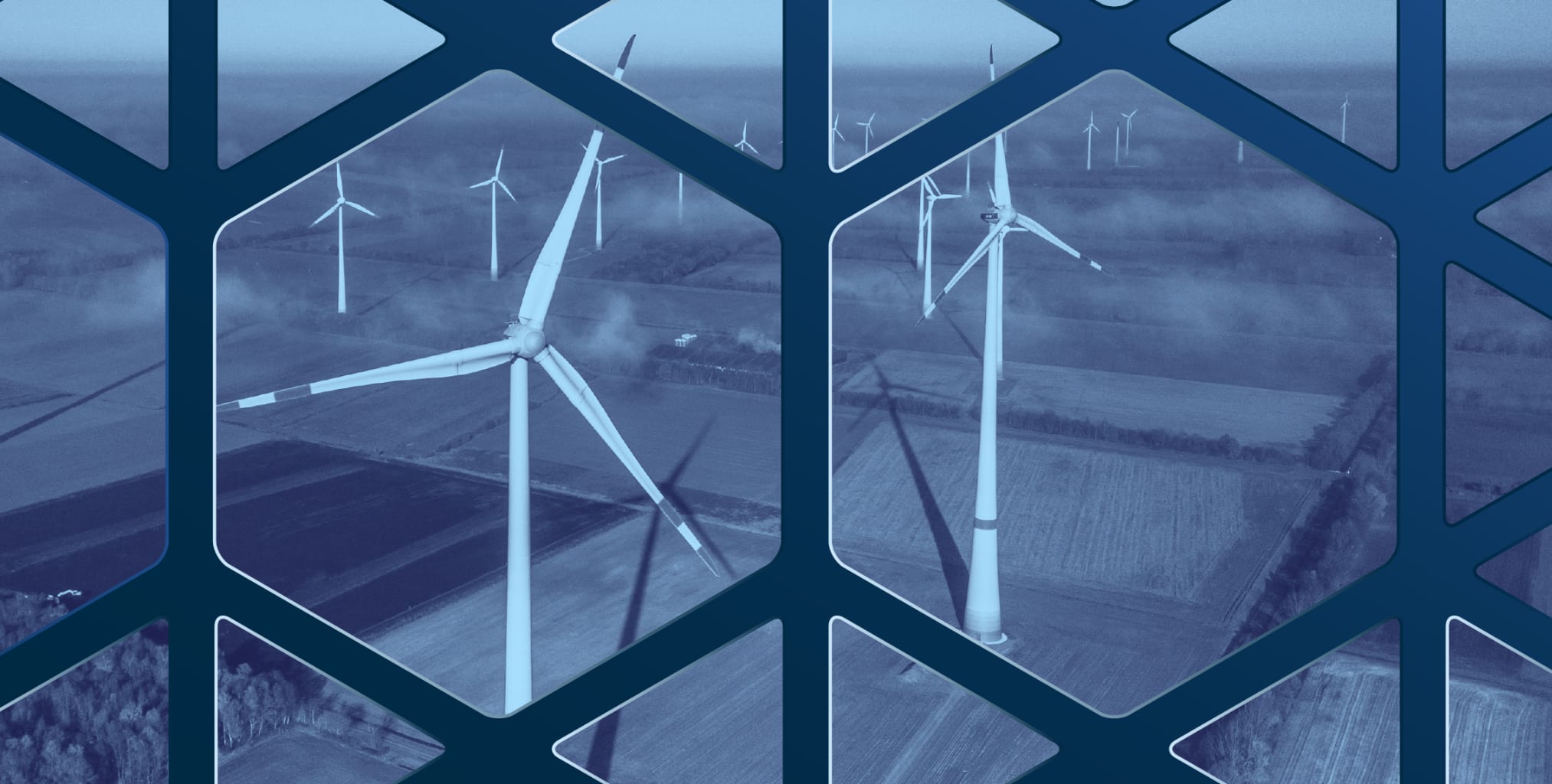
Cropin Climate-Resilient Farming Initiative, India
Cropin has partnered with the World Bank and the government of India to help farmers counter the impact of climate change on their crops and increase their livelihoods by transforming farming activities. Cropin uses digital technology to provide weather-based agro-advisory services, best in class crop-management practices, pest and disease forecasting, and assistance on nutrient, soil and water management. The project has been carried out in 244 villages, involving the digitisation of more than 13,000 farm plots covering 77 crop varieties. It has impacted over 8,000 farmers, increasing their average income by 37 per cent. Implementation has been led by 200 women villagers acting as lead farmers.

HomeBiogas Waste-to-Energy Systems, Global
The world produces over 2 billion tonnes of solid waste, 44 per cent of which is food or organic. HomeBiogas has developed systems enabling households and businesses to turn their organic waste into renewable energy which can be used as clean cooking gas or heating water, on-site. In addition, the system produces bio-fertilizer. In the consumer sector, it has sold over 15,000 systems across 107 countries, and in 2021 alone mitigated over 76,000 tonnes of CO2-equivalent, kept 5,805 tonnes of food waste in circulation, and was responsible for 15.8 million hours of cooking using clean energy. A new system aimed at commercial kitchens in businesses such as hotels, restaurants and hospitals was launched last year, designed to convert 1 ton of waste per day on-site while producing clean energy for business use.

Moove Sustainable Car Financing for Mobility Entrepreneurs, Nigeria
Africa has the lowest per capita rate of car ownership, mainly due to the very low use of vehicle financing across the continent. Less than 5 per cent of new cars are purchased with financing in Africa, compared with 92 per cent in Europe. Moove is addressing this gap by providing fintech-generated, revenue-based car financing, backed by alternative credit scoring technology, that catalyses the growing opportunities around mobility entrepreneurship. Moove provides up to 95 per cent financing, and is also replacing old, polluting vehicles with new fuel-efficient cars, with the aim of ensuring that at least 60 per cent of the cars purchased through its loans are electric or hybrid. Moove is expected to have over 5,000 vehicles in Nigeria by the end of 2022, and over 10,000 by 2023.

Paladin’s Villas del Fresno Zero Carbon Affordable Housing, Mexico
In Mexico, affordable housing is generally produced by stacking blocks, a labour-intensive, wasteful and high-carbon footprint process. Paladin Realty’s Villas del Fresno project delivers efficiently built affordable housing, incorporating aluminium frames and cast-in-place concrete, while incorporating roof-mounted solar-powered hot water tanks and other cost-efficient sustainable components to achieve a more than 40 per cent energy reduction. Villas del Fresno is the first EDGE Zero Carbon residential project in the world, delivering 1,639 affordable housing units that save 41 per cent on energy costs, 25 per cent on water, and 74 per cent on energy embodied in materials. In addition to utility bill savings, residents in the closed community benefit from 30 acres of green space and three schools.

Romco Aluminium Recycling Plants, Nigeria and Ghana
Aluminium is one of the most vital materials for the green transition, yet its production remains highly carbon-intensive, responsible alone for more than 2 per cent of the world’s energy consumption and emissions. The most effective solution is to recycle, yet this practice has gained little ground in emerging markets like Africa. Romco Group is addressing this with a scalable initiative launched through facilities in Nigeria and Ghana. The two plants recycle aluminium to produce a range of secondary metals, in particular aluminium ingots that are used in the automotive and aeronautical industries. These are sold to more than 100 companies, including leading carmakers, that are decarbonising their value chains. The plants have saved 150,000 cubic metres of waste from landfill, over 70,000 tonnes of CO2, and 250,000 megawatts per hour of energy compared to primary production.
Transformational Human Capital Solutions

Botho University Falling Walls Teaching and Learning Environment, Botswana
The Falling Walls project, developed by Botho University in Botswana initially in response to the COVID-19 pandemic, aims to address the inadequacies of traditional bricks and mortar teaching models with building infrastructure, technology and pedagogy solutions that significantly improve educational outcomes, increase access and provide high levels of environmental and financial sustainability. Falling Walls aims to address UN SDG goals 1, 4, 5 and 13. Besides a wide expansion in online learning, the project has also seen an 80 per cent reduction in water usage due to smart water management, while the university’s rooftop solar plant aims to produce enough energy to supply 750 households by January 2023.
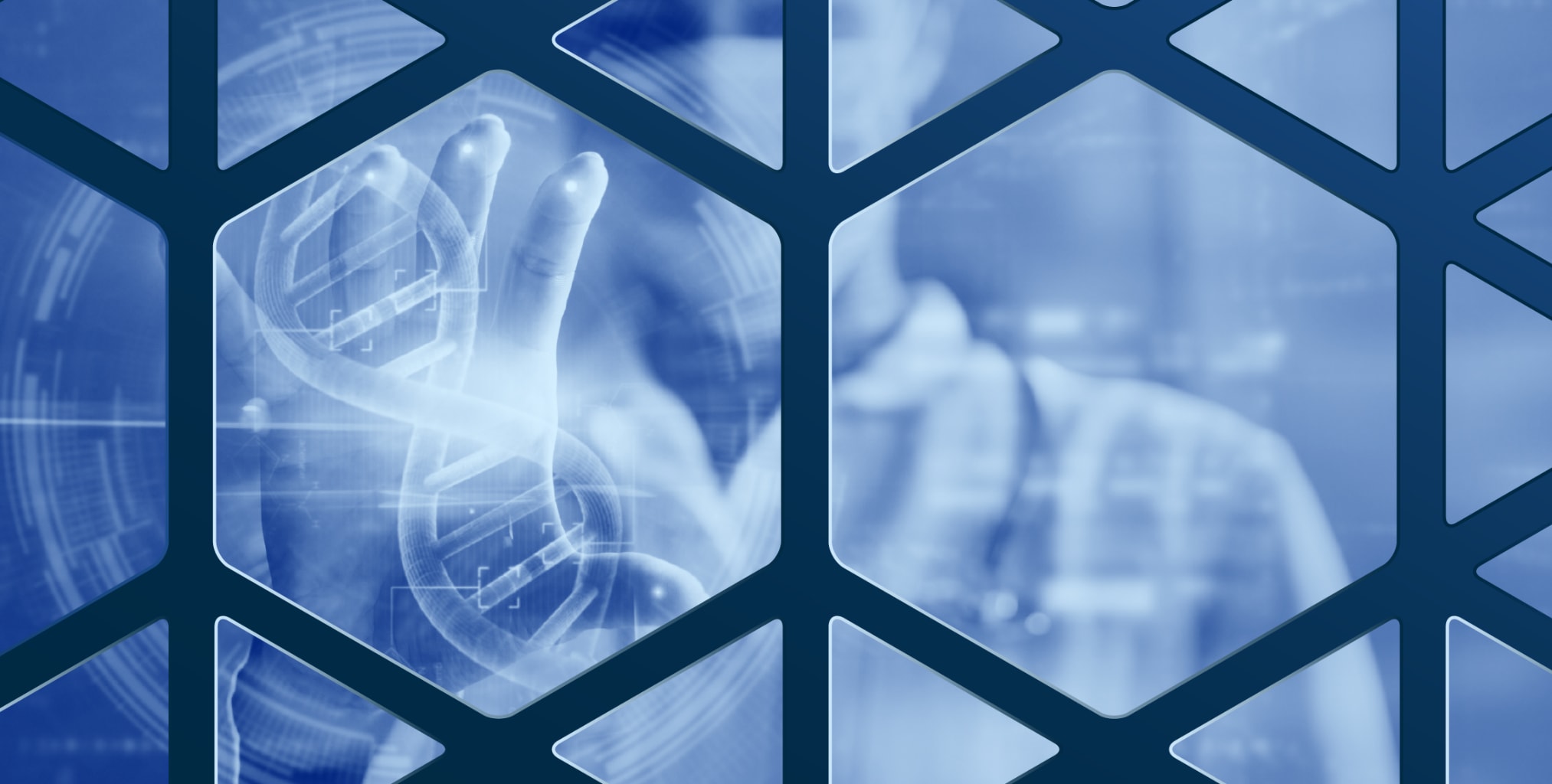
Hemas Holdings DigiHealth End-to-End Digital Healthcare Initiative, Sri Lanka
Hemas Holdings’ Global Digital Health Platform, also known as DigiHealth, aims to bring affordable and quality healthcare to the most vulnerable communities in rural Sri Lanka. It offers a range of digital healthcare solutions, including access to telehealth for basic medical care and health education, and telemedicine for specialist healthcare, while providing the means for healthcare providers to digitise their processes through a digital transformation toolkit. Outcomes include an 85 per cent reduction in medication errors, a 30 to 40 per cent decrease in ICU mortality, and a 7 per cent reduction in heart attack mortality and respiratory failures.

MedGenome Genomic Testing and Research, India
India’s genomically diverse people represent 20 per cent of the world’s population, yet their DNA sequences are only reflected in under 0.2 per cent of global genetic databases. Through high quality and accessible diagnostic testing, MedGenome has addressed this inequity by developing the world’s largest proprietary genomic database derived from South Asian populations. This initiative will provide invaluable insights into non-communicable diseases while aiding drug discovery research for oncology, diabetes, ophthalmology, cardiology and as many as 7,000 rare diseases that are still not effectively treated. Since its launch in April 2020, MedGenome has administered over 200,000 genetic tests and served over 170,000 patients. A direct-to-consumer product, Genessense, which provides genetic and health risk scoring as well as ancestry data, was introduced last year.

MPOWER Student Loans and Refinancing Solutions, Global
MPOWER Financing provides no-signer, no-collateral loans to students in North America from more than 200 countries. About 80 per cent of MPOWER's students come from Global South nations, and 91 per cent indicate that the availability of an MPOWER loan was instrumental to their ability to study abroad. MPOWER’s proprietary algorithm takes account of students’ potential rather than their credit scores, and all its students benefit from assistance on credit-building, immigration, and job placement. Its Path2Success programme offers dedicated career support, mentorship programmes and networking opportunities. MPOWER also offers the only student loan refinancing programme specifically designed for international students.

upGrad Integrated Lifelong Learning Programmes, India
Education systems are not adjusting fast enough to the skills requirements of a future workforce. According to some studies, two-thirds of children entering primary school today will work in a job that does not yet exist. upGrad, a leading Indian Edtech provider, is addressing this gap for professionals aged 18 to 55 with industry-ready programmes designed to increase skill-sets and boost competency, using interactive learning, mentoring and on-site training. upGrad has positively impacted over 3 million learners, in India and overseas. Its integrated data-focused online higher education programmes, which benefit from partnerships with leading overseas universities, have been particularly successful, increasing salaries to levels averaging above 130,000 US dollars a year for its students.
Transformational Finance Solutions – Gender-lens Finance

Banco Pichincha Gender Intelligence Programme, Ecuador
In Ecuador, women represent 51 per cent of the population and around 2 million small and medium sized businesses are led by women. On average a woman works 16 hours more than their male counterparts. Banco Pichincha’s Gender Intelligence Program ensures that products created by the bank, including financing packages for MSMEs, digital payment systems and non-financial offerings such as financial education, are tailored for female clients, and help progress the economic autonomy of women and their businesses. Banco Pichincha this year became the first bank in Ecuador to issue a gender bond – worth 200 million dollars. As of December last year, 1.185 billion dollars worth of its credit portfolio was placed with 186,000 MSMEs led by women.

Ecobank’s Ellevate Initiative to Strengthen Women’s Businesses, Africa
According to the World Bank, 58 per cent of MSMEs in Africa are owned by women, but they face disproportionately insecure business conditions and are massively underserved by banks, with a funding gap estimated at 42 billion dollars. Ecobank's Ellevate programme seeks to remedy this with specific financial and non-financial solutions designed to aid the evolution of women’s businesses and empower owners personally. Launched across 33 countries, Ellevate addresses access to credit and payments solutions, access to markets in partnership with Google’s Business Profile platform, and access to capabilities through training programmes. Since November 2020, Ellevate has signed up 30,000 customers, provided 162 million dollars in loans and taken 313 million dollars in deposits.
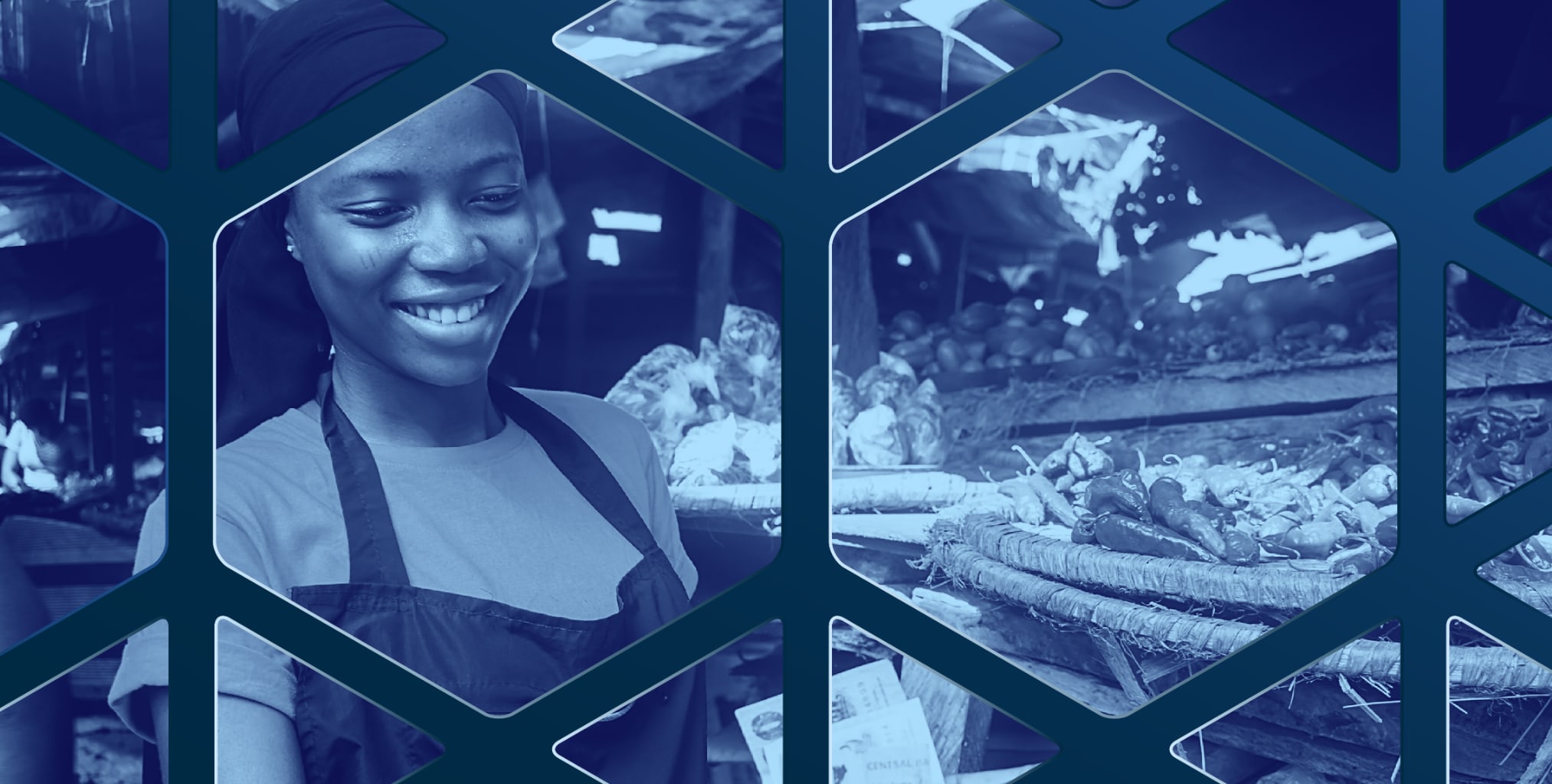
Evermos E-commerce Platform for Women Entrepreneurs, Indonesia
Due to cultural and structural barriers, many Indonesian women have been unable to fulfil their entrepreneurial potential. Evermos’s founders have taken advantage of the unprecedented growth of e-commerce in Indonesia to address this issue. Evermos is a social commerce platform that enables micro-entrepreneurs in low-tier cities, especially women, to become resellers, connecting them with reliable product suppliers and supporting them with digital sales channels and training. The platform currently has over 500,000 resellers, 73 per cent of whom are women and 85 per cent of whom reside in lower income cities. Resellers get a 30 per cent commission for using the platform. Evermos provided 5,200 hours of training last year to improve digital business literacy.

NMB Bank Jasiri Gender Bond, Tanzania
Despite 54 per cent of MSMEs in Tanzania being owned and operated by women, many face difficulties due to legal, cultural and social barriers, and are unable to grow their businesses to the same degree as their male counterparts. NMB Bank aims to help address this with the Jasiri bond, the first gender bond issued in Sub-Saharan Africa under principles administered by the International Capital Market Association. The bond, issued in March this year, raised 31.8 million US dollars, 30 per cent of which has gone directly to women-owned MSMEs and businesses whose products or services directly benefit women.
Transformational Finance Solutions – Impact Investing

Accion Quona Fund
Quona Capital’s Accion Quona Fund supports fintech companies that are expanding access to quality financial services for underserved consumers and small businesses in emerging markets. Across its portfolio of funds, Quona has so far invested in more than 50 fintech companies operating in Latin America, India, Southeast Asia, Africa and MENA. The aim is to deliver strong financial returns by leveraging fintech to boost financial inclusion and improve livelihoods. In 2021 alone, Quona’s portfolio collectively served 8.8 million MSMEs, 30 million retail customers and impacted over 166 million individuals, while providing employment for 23 million people and generating revenue of 836 million dollars.

Adenia Capital Funds for Mature African Companies
Adenia is one of the few private equity firms that invests exclusively in controlling stakes in mature companies across Africa. It typically invests in under-managed medium-sized companies, working closely with management teams to implement ambitious value creation plans with strong financial returns. The goal is to transform these companies into local or regional champions, while addressing some of the most pressing issues Africans face, including the quality of jobs, employee diversity, and environmental sustainability. Currently, 90 per cent of Adenia’s investments have international certifications such as Fair Trade and ISOs for environment management and health and food safety, while 40 per cent of its portfolio company employees are women.

Adjuvant Global Health Technology Fund
The global disease burden is disproportionately skewed toward low and middle income countries. Achieving global health equity requires increased investment in technologies that address population-scale challenges around high-burden and neglected infectious diseases, maternal and child health, pandemic threats and antimicrobial resistance, and malnutrition. Adjuvant focuses on late-stage life science technologies including vaccines, therapeutics, diagnostics, and devices, and ensures they are accessible where the burden is greatest and the benefit is highest. As an example, select companies in the Adjuvant portfolio last year delivered 1.5 million courses of rabies post-exposure vaccine in China, sold an estimated 7 million units of lipid-based nutritional supplement in Bangladesh, and struck a vaccine manufacturing partnership in Senegal.

Horizon Capital Emerging Europe Growth Fund III, Ukraine and Moldova
Since gaining independence, Ukraine and Moldova have severely lagged behind other Central and Eastern European peers in terms of economic prosperity. The Russian invasion of Ukraine has added another layer of unprecedented economic disruption, resulting in an estimated loss of 35 to 45 per cent of Ukraine’s GDP, with spillover effects for Moldova which has received the most Ukrainian refugees on a per capita basis. Horizon Capital is the only established growth equity fund manager in the region, able to invest capital of up to 20 million dollars per transaction without seeking operational control. The aim is to spur entrepreneurial activity in Ukraine and Moldova, by backing women-led businesses, creating well-compensated job opportunities and delivering modern essential services. Horizon Capital has been the largest institutional investor in Ukraine’s fast-developing IT sector. At end-2021, companies in Horizon’s EEGF III fund had created almost 9,000 new jobs, and employed more than 24,000 people, including almost 15,000 women.

Learn Capital Venture Fund
Learn Capital is the first venture capital firm specifically focused on education, funding breakthrough technology and supporting entrepreneurs using scalable learning platforms. With over 150 ventures across five funds, Learn Capital supports companies that can enact positive changes in the way education is implemented globally, and also have the potential for high financial returns. It has developed its own impact management and measurement toolkit aligned with a variety of standards and best practices. The firm focuses on companies that will reach populations in areas such as early childhood education and peer-to-peer learning, as well as improving outcomes for individuals with mental health concerns and disabilities, and for children with learning delays.
Transformational Solutions – New Frontiers

14Trees 3D Printing of Homes and Schools, Africa
According to UNICEF, there are more than 40,000 classrooms needed in Malawi alone, taking over 70 years to complete using conventional construction methods. 14Trees has introduced construction 3D printing in Africa, building the first 3D printed school globally and the first 3D printed house in Africa, both in Malawi. Building through 3D printing is up to 20 per cent cheaper, and 50-80 per cent faster, and saves up to 70 per cent CO2 compared to conventional methods. Since introducing the technology, 14Trees has also printed schools and homes in Kenya and Madagascar, and it has projects in eight more African countries.
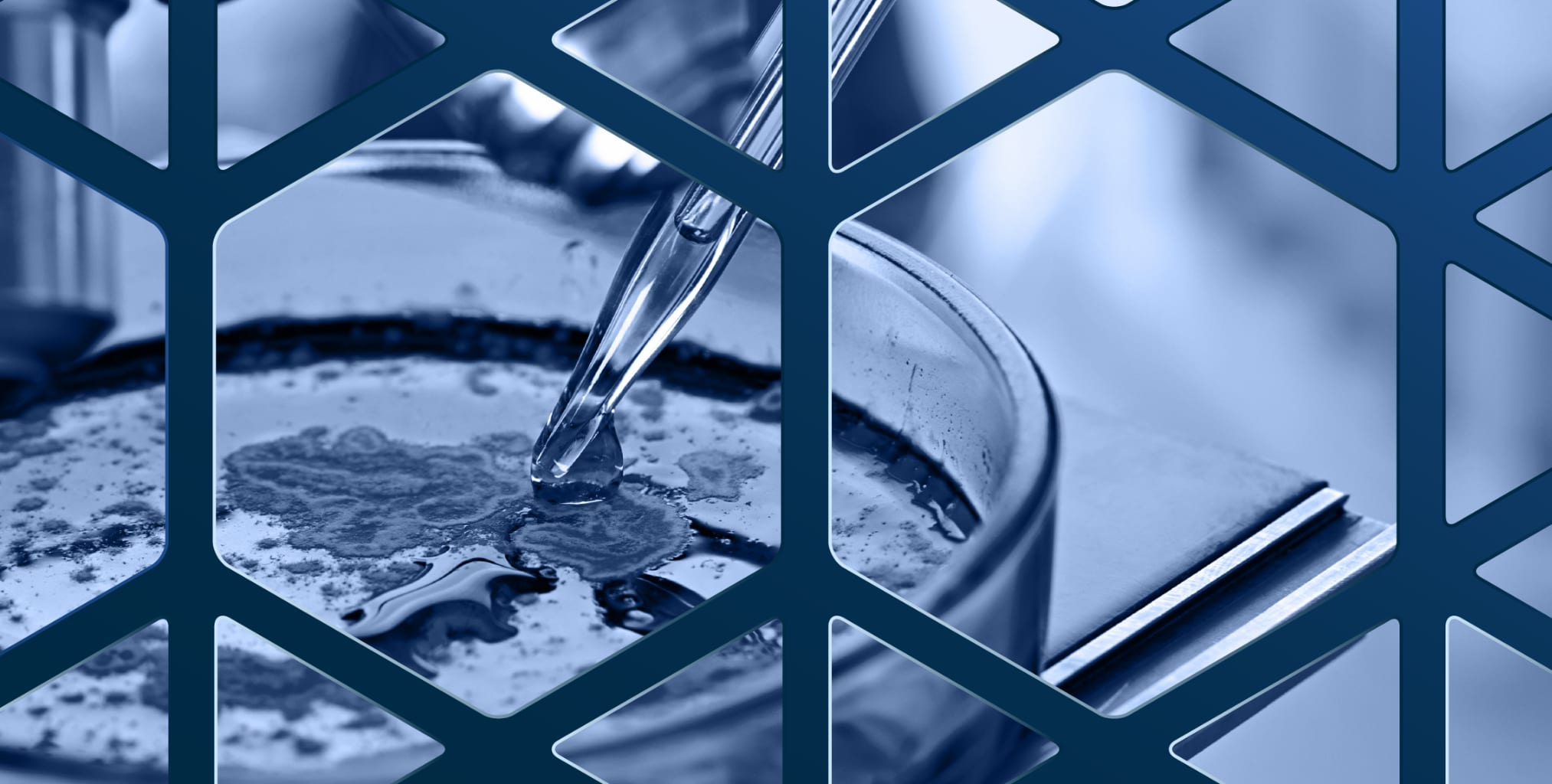
AQUA+ Water Rating for Buildings, Portugal
As floods and droughts become increasingly common around the world, solutions are needed for better and more efficient water usage. The Portuguese Energy Agency (ADENE) has launched AQUA+® Water Rating for Buildings, to rate water use and reuse performance in households, hotels and other commercial buildings. It allows the comparison of water efficiency in buildings, identifying opportunities to improve water use, and water and energy savings. Since its adoption, AQUA+ has saved more than 5 million litres of water in assessed households and is being expanded to hotels and commercial buildings, where it can lead to 30 to 50 per cent water savings. AQUA+ can easily be transferred to other countries around the world, depending on regulatory requirements, rainfall patterns and other site-specific criteria.

Digital Vaccines by FriendsLearn and Carnegie Mellon University - US, India and Botswana
For the past 12 years, a team led by Carnegie Mellon University has been working on a way to create “digital vaccines”, enabled by technologies like neurocognitive computing, neural networks, deep learning, mobile VR/AR/MR, and the metaverse. The aim is to stimulate the immune system non-invasively. A global network of research institutions has been established in the US, India and Botswana to ensure that outcomes are appropriate for advanced and developing economies, and that any health inequity is addressed. The US Patent and Trademark Office issued the world’s first patent for a digital vaccine in June 2022. The application is pending in Europe, India, China, Canada, Australia and several other countries.

Ecovon Renewable Wood Product, Ghana
Ecovon has developed the first non-additive, bio-based, renewable wood product for use in panelling board and other building materials. Naturally flame retardant and anti-fungal without any added synthetic binders, the panels created from this wood are stronger and more durable than commercial equivalents. The rate of deforestation in Ghana is rapid, with a loss of around 135,000 hectares per year. As this wood is created from coconut husk and sugarcane bagasse, production reduces carbon emissions and deforestation, while enriching the lives of local coconut and sugarcane labourers.

Genrobotic’s Bandicoot Manhole Scavenger, India
Despite being one of the world’s most dangerous jobs, banned by the Supreme Court of India, the manual cleaning of manholes, known as scavenging, continues, with cleaners entering sewers without safeguards, resulting in toxic gas exposure, microbiological illnesses and psychological damage. Genrobotics has developed Bandicoot, a robotic scavenger designed to clean manholes with human-level flexibility. The sanitation workers are trained to operate the robots, which can clean 8 to 10 manholes per day. The Bandicoot robot is 10 times more efficient than manual cleaning, and the livelihoods of its operators are also improved.